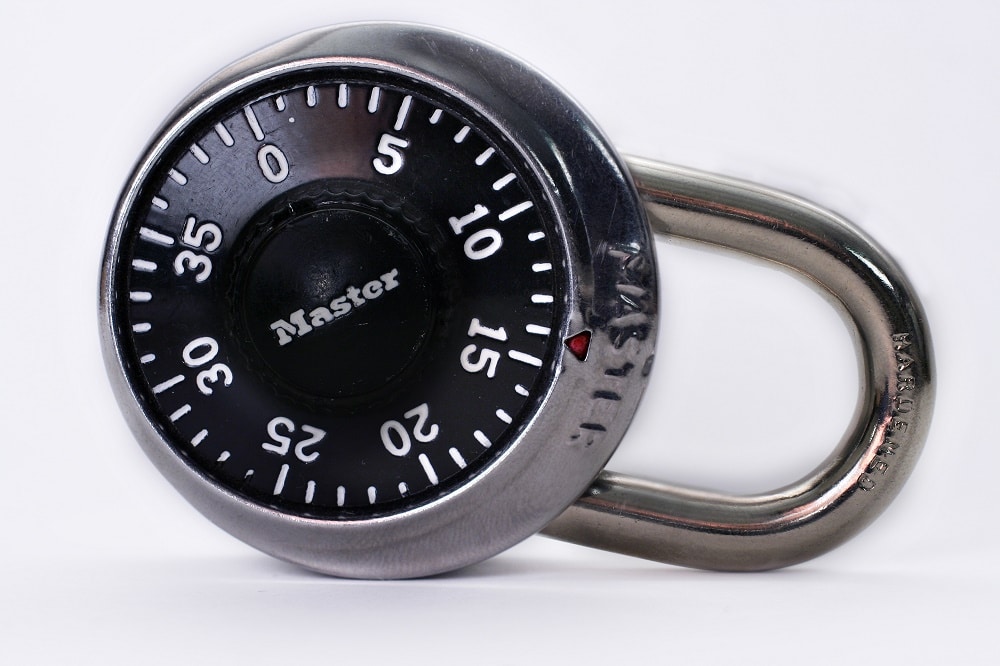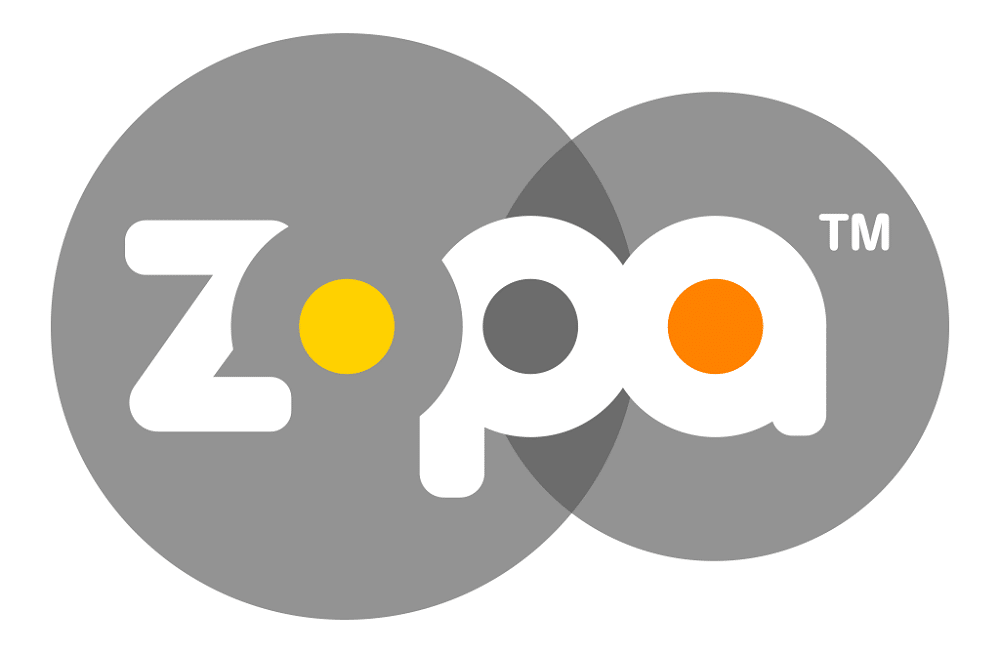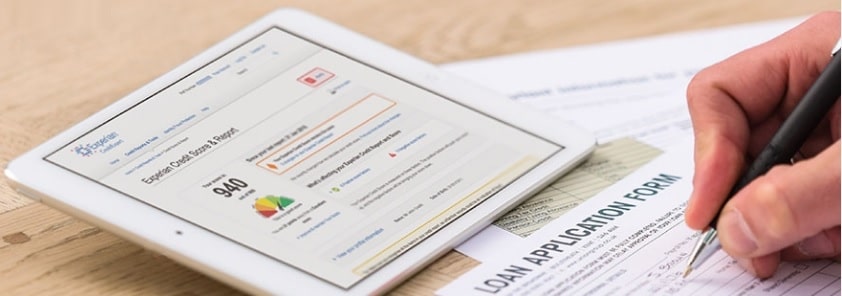Jasmine Birtles
Your money-making expert. Financial journalist, TV and radio personality.

Imagine you’ve borrowed £5,000 and you are struggling to pay it back. If you’ve borrowed that money in the form of a secured loan against your house and you really can’t make the repayments, your home will be repossessed. No questions asked and no second chances.
To lose your entire home for that sum of money is completely unfair, but it happens all the time because so many of us don’t realise just how dangerous these types of loans can be.
Obviously there are certain situations where a secured loan might be the right thing for you. Here at Moneymagpie though, we want to make sure you know exactly how they work and the full implications for your possessions if things go wrong. And if, as we hope, you start considering alternatives, we’ll give you loads of great suggestions for those too.
 Also referred to as a homeowner loan, a secured loan is when you borrow money which is secured against your house. For that reason these types of loans are only available to people who own their homes. Essentially this means that if you don’t pay back the money, the loan company will repossess your house.
Also referred to as a homeowner loan, a secured loan is when you borrow money which is secured against your house. For that reason these types of loans are only available to people who own their homes. Essentially this means that if you don’t pay back the money, the loan company will repossess your house.
The most common type of secured loan is actually a standard mortgage. However this isn’t really what we’re talking about here.
They are easier to get – because secured loans are ‘secure’ for the lenders, they are prepared to lend to those with poor credit scores.
You can borrow larger amounts – unlike unsecured (or personal) loans which can be a maximum of £25,000, a secured loan can be for as much as £100,000.
You can borrow for a longer period – which for the borrower means smaller monthly repayments, but for the lender means the total interest repaid is much more than with shorter loans… so they make more money.
 The point of secured loans is that the loan company is protected because if you default they can take your home, sell it and get the money back that way. This is the worst option for you and the best option for them. Remember – the only ‘security’ in a secured loan is for the lender, not for you.
The point of secured loans is that the loan company is protected because if you default they can take your home, sell it and get the money back that way. This is the worst option for you and the best option for them. Remember – the only ‘security’ in a secured loan is for the lender, not for you.
Not only that, as we’ve mentioned secured loans are usually for long periods – which means that in the long run you’ll be paying back thousands in interest, making them incredibly expensive.
Plus the interest rates can vary on these types of loans, meaning the rate could go up or down at any time and you may end up paying even more interest.
For some borrowers, a secured loan can make sense. This is only if:
 Here are three things we highly recommend you do before taking out a secured loan:
Here are three things we highly recommend you do before taking out a secured loan:
Still tempted? If you do go for a secured loan, here are more issues to watch out for…
 Although there are a few honest companies that provide secured loans, the majority are ones that we really don’t trust. It’s an area where you have to be very careful. There is a lot of money to be made from loans – have you ever wondered how they afford those expensive TV ads that run through the day?
Although there are a few honest companies that provide secured loans, the majority are ones that we really don’t trust. It’s an area where you have to be very careful. There is a lot of money to be made from loans – have you ever wondered how they afford those expensive TV ads that run through the day?
Beware of organisations that specifically only offer secured loans, especially those that encourage people with poor credit history to apply. These companies will charge the highest interest rates because of the potential risks posed by the borrower.
Their sales tactics are often very aggressive and, although they might seem like they are offering you a good deal, in fact they are often fleecing you and tying you into deals that will make them money. Remember – these companies borrow the money at 6% from another lender and will then lend it to you at 20% – and if you fail to pay they can take your house!
Creditors are likely to give you the option of taking out Payment Protection Insurance to cover the costs of your repayments if you find yourself unable to pay  (although perhaps not as likely after all the compensation claims). PPI is unnecessary. It covers the lender, not you.
(although perhaps not as likely after all the compensation claims). PPI is unnecessary. It covers the lender, not you.
Circumstances in which they will pay can include unemployment, accident, sickness or death – but a lot of circumstances are ruled out as being a valid claim as a result of the small print and hidden clauses they bombard you with.
PPI almost always costs more than it is actually worth, but if you still feel that this service is essential to your needs then take it out with a standalone broker rather than your lender, as the latter will charge much more.
The cash back offer may sound appealing but you have to think to yourself, how can they afford to give me all this money? It’s because they lure you in with the fancy offer so that you fail to notice the extortionate interest rates.
Some companies may be worth taking a look at, but compare the overall amounts that you’d have to pay out before you make a decision.
We hope we’ve convinced you by now that secured loans are a very last resort. So if you want a safer way to borrow, here’s what you can do instead.
Firstly, you might not need a loan at all – there are other options.

This could be much more suitable, particularly if you take advantage of new balance transfer deals. The best around at the moment is with Barclaycard, who are offering a whopping 34 months interest-free balance transfers.
There are loads of other great deals out there too – use our comparison tool to find the best.
By reviewing all your finances, you’ll find that you can switch to better products in all areas of your life, and save yourself major amounts of money – we reckon over £1,000 a year! All the money you save can be used to pay off some of those debts. To get started on this, have a look at our article on reducing your outgoings.
With unsecured (or personal) loans, even if you miss payments for a long time you won’t lose your home. Your main concern when taking out one of these is to find the cheapest possible deal.
This doesn’t necessarily mean the cheapest APR (annual percentage rate) although that is a good starting point. If you think you might be able to pay the loan off fairly soon then it is best to go for a flexible deal that you can pay off early without a penalty. See our comparison tables for the best deals.

If you want to cut out the middle-man and borrow money from a real person rather than a bank or other financial organisation, you could try Zopa. It offers a real alternative to conventional loans with hassle-free, competitive interest rates.

 Always read the small print. It is estimated that almost six million consumers face repercussions because they failed to read the small print. Remember that by signing on the dotted line you are binding yourself to all the terms and conditions that the loan provider is offering. By choosing to overlook what is often the most deceptive aspect of a financial arrangement, you are setting yourself up for serious trouble. Look out for asterisks and those little numbers you see dotted around the contract as these usually signify a catch.
Always read the small print. It is estimated that almost six million consumers face repercussions because they failed to read the small print. Remember that by signing on the dotted line you are binding yourself to all the terms and conditions that the loan provider is offering. By choosing to overlook what is often the most deceptive aspect of a financial arrangement, you are setting yourself up for serious trouble. Look out for asterisks and those little numbers you see dotted around the contract as these usually signify a catch.

I appreciate your blog because your blog having unique content about loans.i hope you keep on sharing this kind of information.